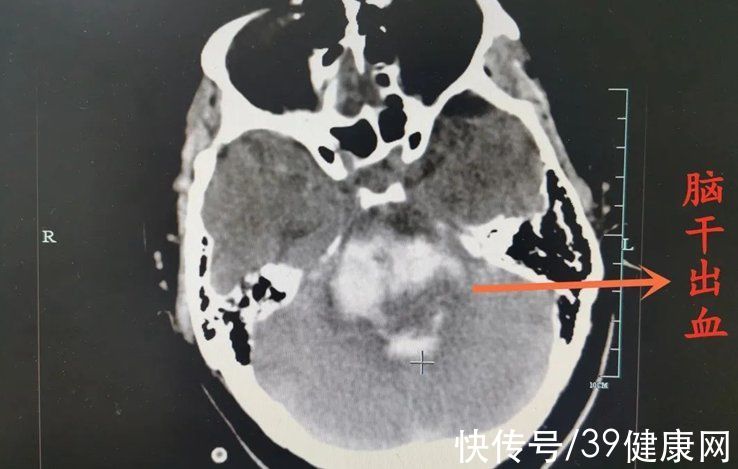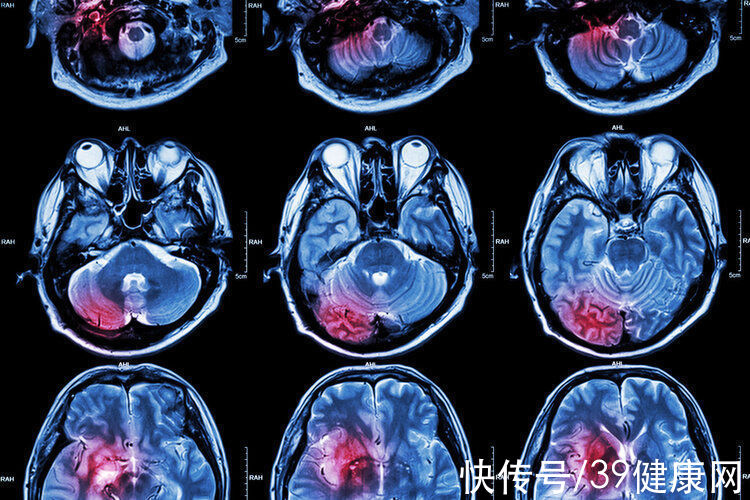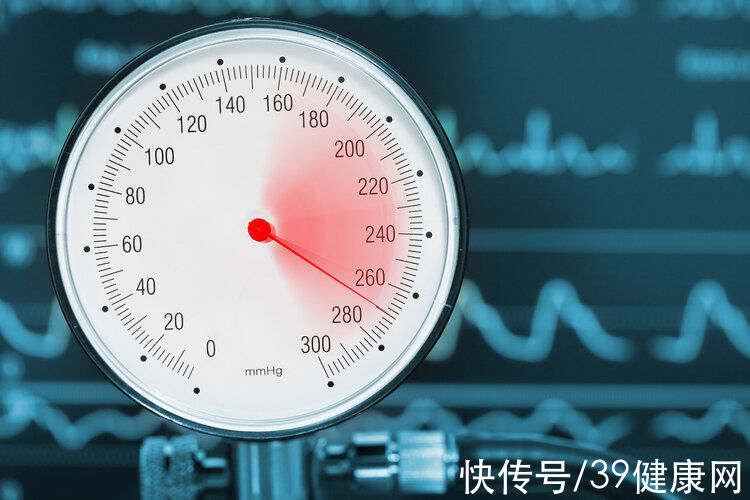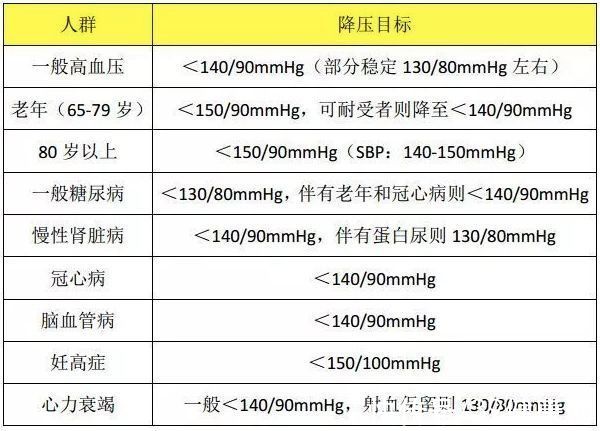內容目錄
Mr. Liu is 38 years old and an ordinary office worker. A few years ago, his blood pressure was found to be high during his physical examination, but he did not pay attention to it and did not take antihypertensive drugs.
In the past two weeks, Mr. Liu often felt dizzy when he went to work, so he reduced his overtime hours. But after dinner the day before yesterday, Mr. Liu suddenly hadsevere headache, accompanied by nausea and vomiting, and his family had to send him to the emergency room.
When he arrived at the hospital, Mr. Liu’s blood pressure was already as high as 257/170 mmHg, In a coma, the situation is very urgent. After CT and other examinations, Mr. Liu was diagnosed with brain stem hemorrhage and required immediate brain surgery to remove the intracranial fluid and part of the blood Clear and relieve intracranial pressure, otherwise it will be life-threatening.

After emergency surgery, Mr. Liu was temporarily out of danger and was immediately transferred to the ICU. Continue to receive treatment.
I. The root cause of cerebral hemorrhage has been found
The onset of cerebral hemorrhage is sudden and dangerous, and it is one of the main fatal diseases of the middle-aged and elderly , 60%-70% of the etiology is high blood pressure.
If hypertensive patients do not take medicines regularly, the blood pressure will remain at a high value for a long time, which will cause the blood vessel walls to dilate and form many tiny aneurysms When an aneurysm ruptures, it can cause bleeding in the brain. At the same time, under the action of long-term high blood pressure, the walls of blood vessels become thinner and more fragile. When fluctuating, blood vessels are more likely to rupture.

Oncecerebrovascular Bleeding from a rupture that spreads into the brain tissue or into the skull, causing compression and swelling of the brain. The brain will be damaged due to ischemia and hypoxia, and patients will experience symptoms such as headache, nausea, vomiting, hemiplegia, and in severe cases, fall into a coma or even die.
Therefore,brain hemorrhage is the most serious complication of hypertension.
2. How high is the blood pressure to cause cerebral hemorrhage?
In this regard, Wang Xing, deputy chief physician of the Department of Cardiovascular Medicine, said that each person’s blood pressure is different, and the tolerance value is also different, which causes cerebral hemorrhage. There is no uniform standard for blood pressure.
Dr. Wang gave an example, some patients usually have a blood pressure of 90/60mmHg, and when the blood pressure suddenly rises to 150/100mmHg, cerebral hemorrhage may occur; Blood pressure is as high as 160/100mmHg, and when blood pressure rises to 200/100mmHg, cerebral hemorrhage may not occur.

Dr. Wang suggested that the initial goal of hypertensive patients is to reduce blood pressure to 140/90mmHg, further target is 130/80mmHg Below, do not stop taking your medicine because you have no symptoms or are worried about the side effects of the medicine.
For the antihypertensive treatment of hypertensive patients, the “Chinese Guidelines for the Prevention and Treatment of Hypertension 2018 Edition” provides the following reference standards.

It should be noted that the values in the table are not absolute values and cannot be simply Copying, but also considering the patient’s clinical symptoms and physical conditions, etc., it is recommended to follow the guidance of professional doctors for treatment.
Third, cerebral hemorrhage loves to look for these people
The mortality rate and disability rate of cerebral hemorrhage are very high, and patients may suffer from cerebral hemorrhage after treatment Different degrees of sequelae, including cognitive impairment, language impairment and motor impairment, seriously affect the quality of life. For people at high risk of cerebral hemorrhage, prevention is better than cure, and special attention should be paid. High-risk groups of cerebral hemorrhage include:
- middle-aged and elderly people over 45 years old;
- hypertension, hyperlipidemia , diabetes and other chronic diseases;
- smoking, alcoholism, obesity;
- overworked or irregular life ;

If you are a high-risk group of cerebral hemorrhage, it is recommended to perform annual Relevant examinations, while actively treating underlying diseases; adjusting living habitshabit, quit smoking, drinking, staying up late and other bad habits; eat a balanced diet, drink more water, and eat less foods high in salt, sugar, and fat; exercise more, improve physical fitness, and maintain an optimistic attitude and a happy mood.
The four and six major symptoms are highly suspected of cerebral hemorrhage
There are some symptoms before the onset of cerebral hemorrhage.
1. Severe headache
The headache is from a cerebral hemorrhageThe first symptom is often head pain on the bleeding side. If accompanied by increased intracranial pressure, pain may develop throughout the head, and headache is often accompanied by dizziness, especially cerebellum and brainstem hemorrhage.
2. Vomiting
The vomiting center is located at the back of the intracranial medulla lateral reticular structure On the lateral border, once the intracranial pressure is increased due to cerebral hemorrhage, it may stimulate the vomiting center, causing nausea and vomiting in the patient. It may also be that the bleeding position is too close to the vomiting center, and the blood accumulates to form a hematoma, which compresses the vomiting center and causes vomiting.
3. Hemiplegia
The inner and outer capsules gather many nerve conduction tracts , including the corticospinal tract and cortical brainstem tract, which are responsible for the movement of the contralateral limb. If cerebral hemorrhage invades these two parts, it can cause limb hemiplegia.

4, slurred speech< /p>
Slurred speech is one of the early symptoms of cerebral hemorrhage, which is caused by the hemorrhage affecting the left hemisphere of the brainlanguage center, which can cause expression and language dysfunction. Patients feel that the base of the tongue is stiff and weak, the tongue is swollen, and the speech is slurred or even unable to speak.
5. Blurred vision
When a cerebral hemorrhage occurs, blood pressure remains high In this state, blood vessels in the eye can rupture, resulting in fundus hemorrhage. In addition, bleeding can also compress the optic nerve, causing visual disturbances.
6. Drowsiness
Many patients with cerebral hemorrhage will experience drowsiness before the onset of symptoms , This may be caused by the defect of cerebral nerve function. Patients are sleepy even during the day, often feel very tired and not enough sleep, and cannot eliminate fatigue by increasing sleep.
Don’t take high blood pressure seriously, be wary of turning into cerebral hemorrhage. Xiaojiu reminds high-risk groups to seek medical attention in time once relevant symptoms appear!
# Yao Zero Zero Plan# #Health2022#
References:
[1]How about hypertension patients Prevention of cerebral hemorrhage. Health News, 2022-01-26
[2] What is the appropriate blood pressure drop? The guide gives the standard answer! .Health Times, 2018-09-14
[3] These 6 major symptoms in the body are “precursors” of cerebral hemorrhage! The last one is a surprise~. People’s Daily, 2018-04-26
Reprinting is prohibited without the author’s permission